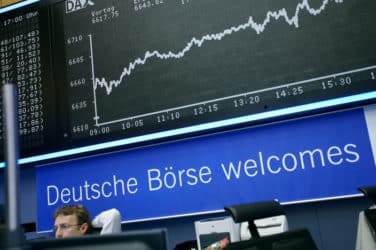This article originally appeared on Reuters
IEX Group, the alternative trading system seeking to become a U.S. stock exchange, asked regulatory authorities on June 13th for guidance on a rule regarding proprietary trading, a request IEX said will not delay a deadline next week for its exchange application.
Sophia Lee, general counsel at IEX, requested guidance from staff at the Securities and Exchange Commission on Rule 11a2-2(T) of the Securities Exchange Act. The rule provides members of an exchange an exemption to a prohibition that disallows them from trading for their own account.
The SEC’s pending decision on IEX’s exchange application is not contingent on the letter submitted on Friday, said IEX spokesman Gerald Lam. The letter is procedural in nature, Lam said.
The SEC granted both the Chicago Board Options Exchange and the American Stock Exchange exemptions to the “effect versus execute” rule in the early 2000s.
IEX, the trading venue created by a group of Wall Street mavericks made famous in Michael Lewis’ best-seller “Flash Boys: A Wall Street Revolt,” has submitted five amendments to its application since it filed for exchange status last September.
Elements of IEX’s application, which features a 350 microsecond “speed bump,” have been hotly contested by Nasdaq , the New York Stock Exchange and Bats Global Markets.
But the application has gained widespread support among a public that perceives Wall Street to be rigged in favor of high-frequency traders, a narrative Lewis rammed home in his book.
(Reporting by Herbert Lash; Editing by Diane Craft, Reuters)





